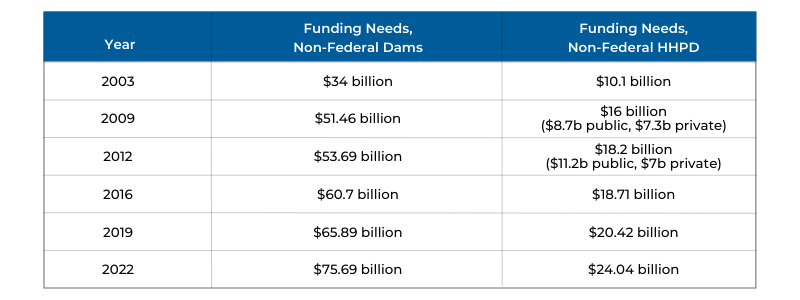
If you are looking to get a criminal record suspension, you will need to seek individual rehabilitation after your criminal conviction. This process used to be called pardoning and involves requesting that your criminal record be suspended for a certain amount of time. You must be clean of any subsequent convictions and meet other requirements to get it.
Application process
The application process for individual rehabilitation fee starts with the initial assessment by an immigration officer. After reviewing the application and supporting documents, the officer makes a recommendation to approve or deny the rehabilitation fee. The application is then sent to an authority for further consideration. This authority is usually the manager of the local office. In more serious cases, the decision is made by the Minister of Immigration, Refugees, and Citizenship. Depending on the country, rehabilitation applications may take several months or even a year to process. Once the process is complete, the applicant will receive a letter outlining the decision in writing.
The application process for criminal rehabilitation is not an easy one. There are many steps involved in this process. In addition to filling out a form and paying the fee, the applicant must also meet the entry requirements of Canada. This is true for both temporary residents and permanent residents. If you need to come to Canada to undergo rehabilitation, it is recommended that you seek legal advice from a Canadian immigration attorney.
Fees
Individual rehabilitation fees are typically paid with insurance, but the amount you pay will depend on your health insurance provider and insurer. If you don’t have insurance, there are several ways to get rehab treatment without paying a lot. Look for low-income rehab programs, free rehabilitation facilities, or programs that offer financing options. Be aware that these programs often have waiting lists and limited funding.
To qualify for individual rehabilitation, a foreign national must have committed the offence outside of Canada and have already served a prison term of at least five years. The person must also have waited five years following the sentence.
Reimbursement
The Individual Rehabilitation Fee Reimbursement (IRFR) program reimburses hospitals for medical services provided to patients under the age of 21. These services must be provided at a reasonable cost in order to restore a person’s function after an injury or condition. These services must be comparable to those provided to adults, and they must be performed in a hospital setting.
Criminal record suspension
The process of applying for criminal record suspension is difficult, according to three out of four survey participants. Many cited the need for streamlining the application process. They also highlighted the fact that they had to obtain criminal history checks from the RCMP and local police. Nevertheless, the participants seemed to be focused on the impact the suspended record would have on their life.
In addition, the waiting period is too long for many respondents. Most said it is too long, while only 3% thought it was too short. But they felt that the waiting period for summary offence record suspension is too long.
Qualifying offences
Whether you can qualify for individual rehabilitation depends on your criminal record. Certain offences, like forcible sexual penetration of a child, require a period of rehabilitation of at least five years. If you’ve committed a less serious crime, you’re eligible to qualify for the fee after two years. More serious offences may require a waiting period of up to ten years.
In addition, if you’re a foreign national, you must have committed your offence outside of Canada. If you’re convicted of an offence outside of Canada, you will have to wait at least five years after you’ve completed your sentence.
